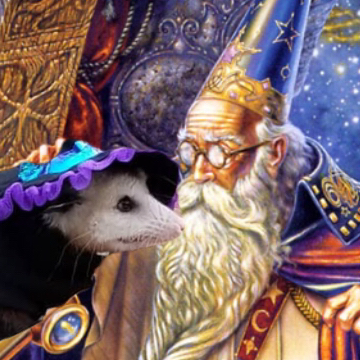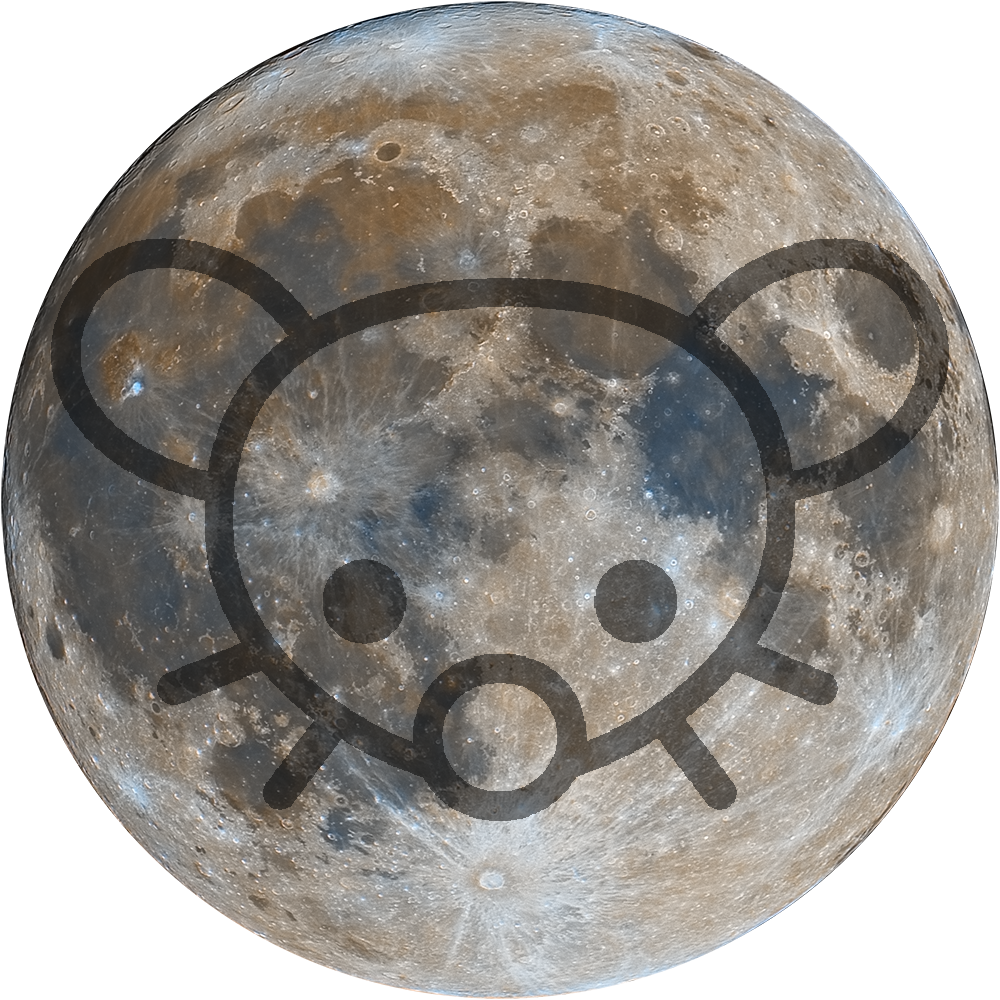- 11 Posts
- 2 Comments
Joined 2 years ago
Cake day: July 13th, 2023
You are not logged in. If you use a Fediverse account that is able to follow users, you can follow this user.

 2·13 days ago
2·13 days agoWhat equipment/processing did you use for this?
Another faint nebula from light polluted skies! Really like how the faint background dust in the Sii channel turned out in this. Captured over a bunch of nights from January-March 2025, from a bortle 9 zone.
Places where I host my other images:
Flickr
Equipment:
TPO 6" F/4 Imaging Newtonian
Orion Sirius EQ-G
ZWO ASI1600MM-Pro
Skywatcher Quattro Coma Corrector
ZWO EFW 8x1.25"/31mm
Astronomik LRGB+CLS Filters- 31mm
Astrodon 31mm Ha 5nm, Oiii 3nm, Sii 5nm
Agena 50mm Deluxe Straight-Through Guide Scope
ZWO ASI-290mc for guiding
Moonlite Autofocuser
Acquisition: 68 hours 4 minutes (Camera at -15°C), unity gain
Ha - 179x600"
Sii - 219x600"
R - 36x60"
G - 35x60"
B - 33x60"
Darks- 30
Flats- 30 per filter
Capture Software:
PixInsight Preprocessing:
BatchPreProcessing
StarAlignment
Blink
ImageIntegration per channel
DrizzleIntegration (2x, Var β=1.5)
Dynamic Crop
DynamicBackgroundExtraction
Narrowband Linear:
Blur and NoiseXTerminator
StarXterminator to completely remove stars from each the image
HistogramTransformation to stretch Ha and Sii images to nonlinear
Broadband/RGB linear:
ChannelCombination to make color image from R G and B stacks
SpectrophotometricColorCalibration
HSV repair to fix blown out star cores
StarX (correct only)
StarX to make a stars only image
ArcsinhStretch + Histogramtransformation to stretch nonlinear (Calling this the Stars image now)
SCNR > Invert > SCNR (50%) > Invert to remove greens and some magentas from stars
Slight saturation boost
Nonlinear:
Pixelmath to combine stretched narrowband images into color image (HSS --> RGB)
Shitloads of curve transformations to adjust lightness, contrast, saturation, color balance, etc
ColorSaturation
NoiseXterminator
Pixelmath to add in the stretched RGB Stars image from earlier
few more curve adjustments
DynamicCrop again (just a little bit)
Resample to 60%
Annotation